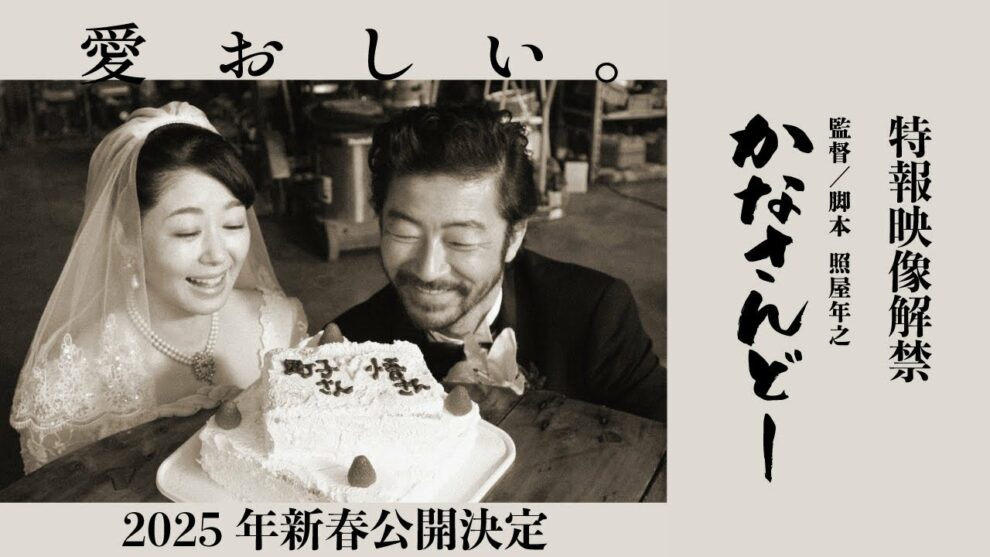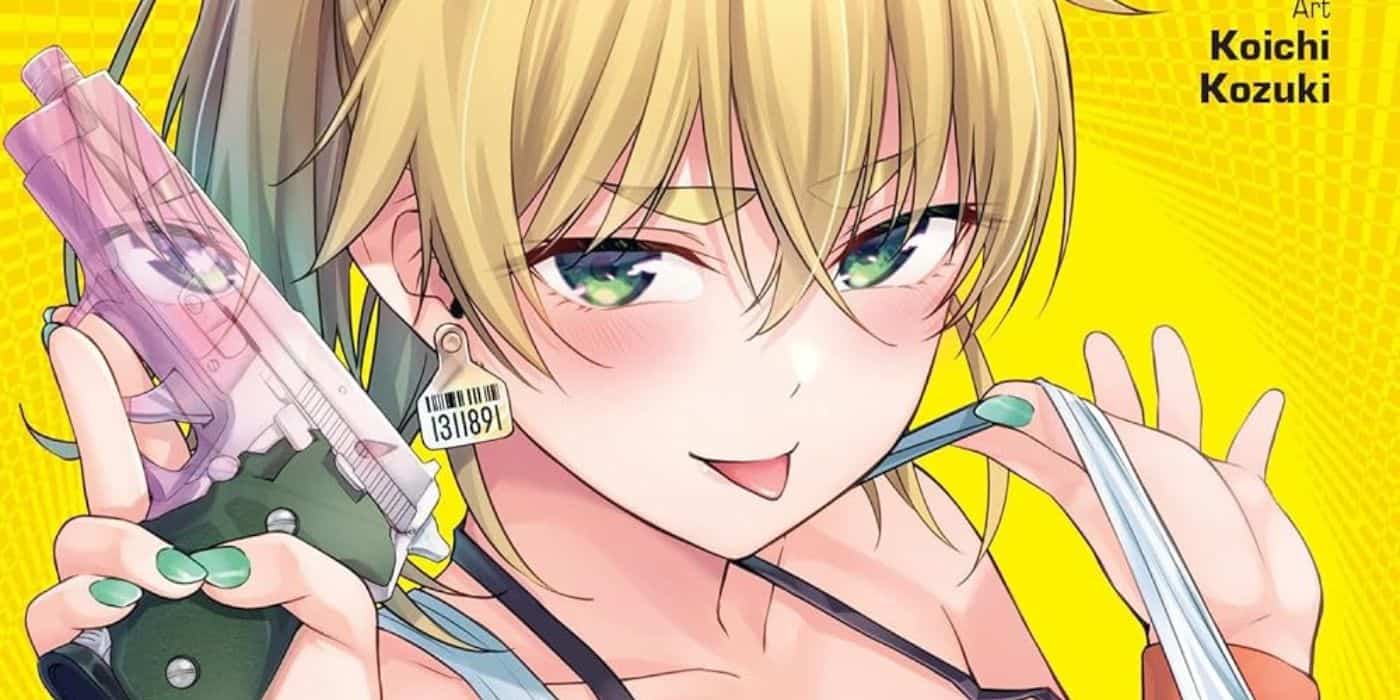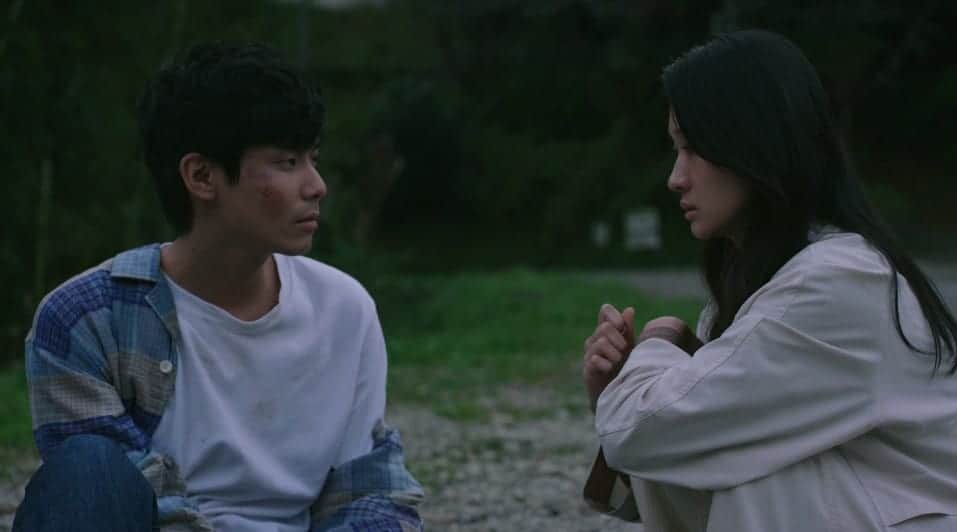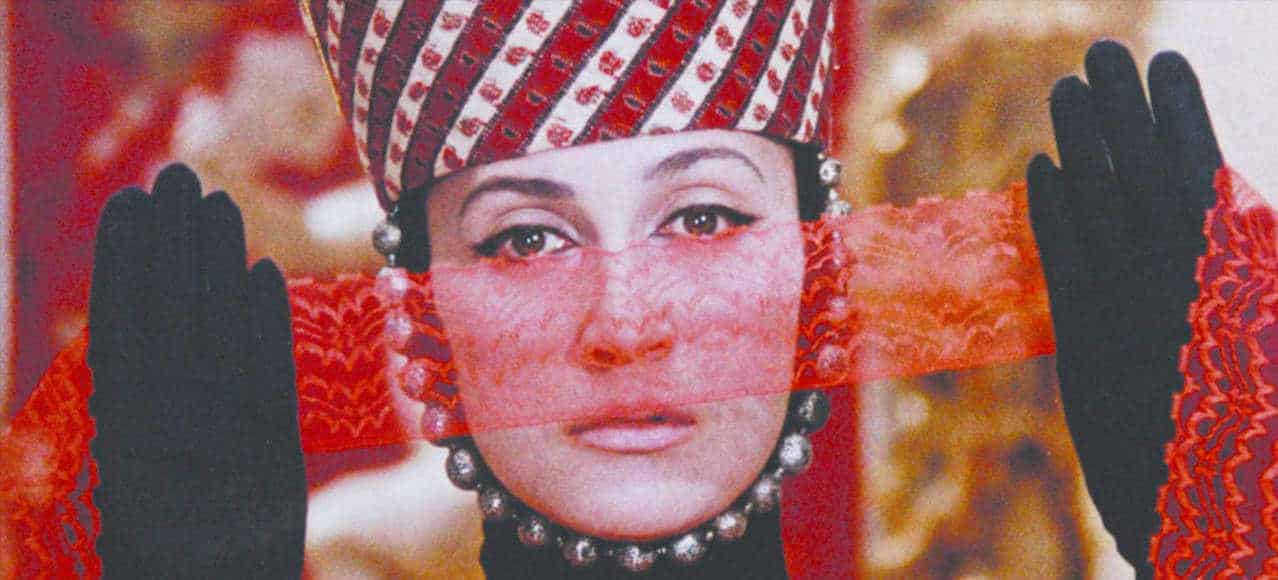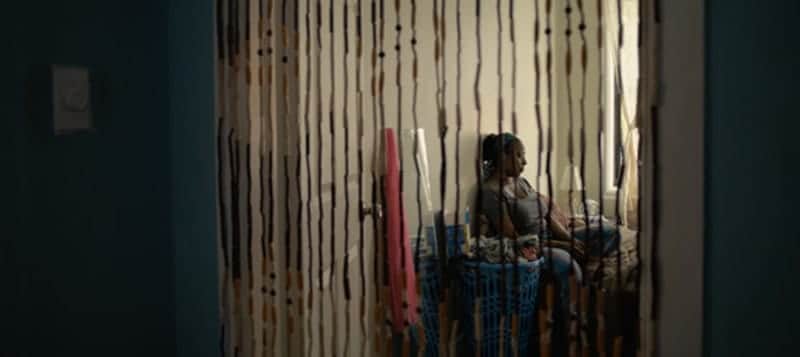Toshiyuki Teruya, better known by his stage name Gori, returns to Okinawa in his latest feature, “Kanasando,” a well-intended but uneven drama. Before this film, Teruya had directed “Born Bone Born” and was one of the directors of the anthology movie “Adventures of Paradise: Tales from Okinawa.” The main cast are Ruka Matsuda, Keiko Horiuchi, and Tadanobu Asano. The movie's title, “Kanasando,” is a traditional Okinawan love song.
Kanasando is screening at Toronto Japanese Film Festival
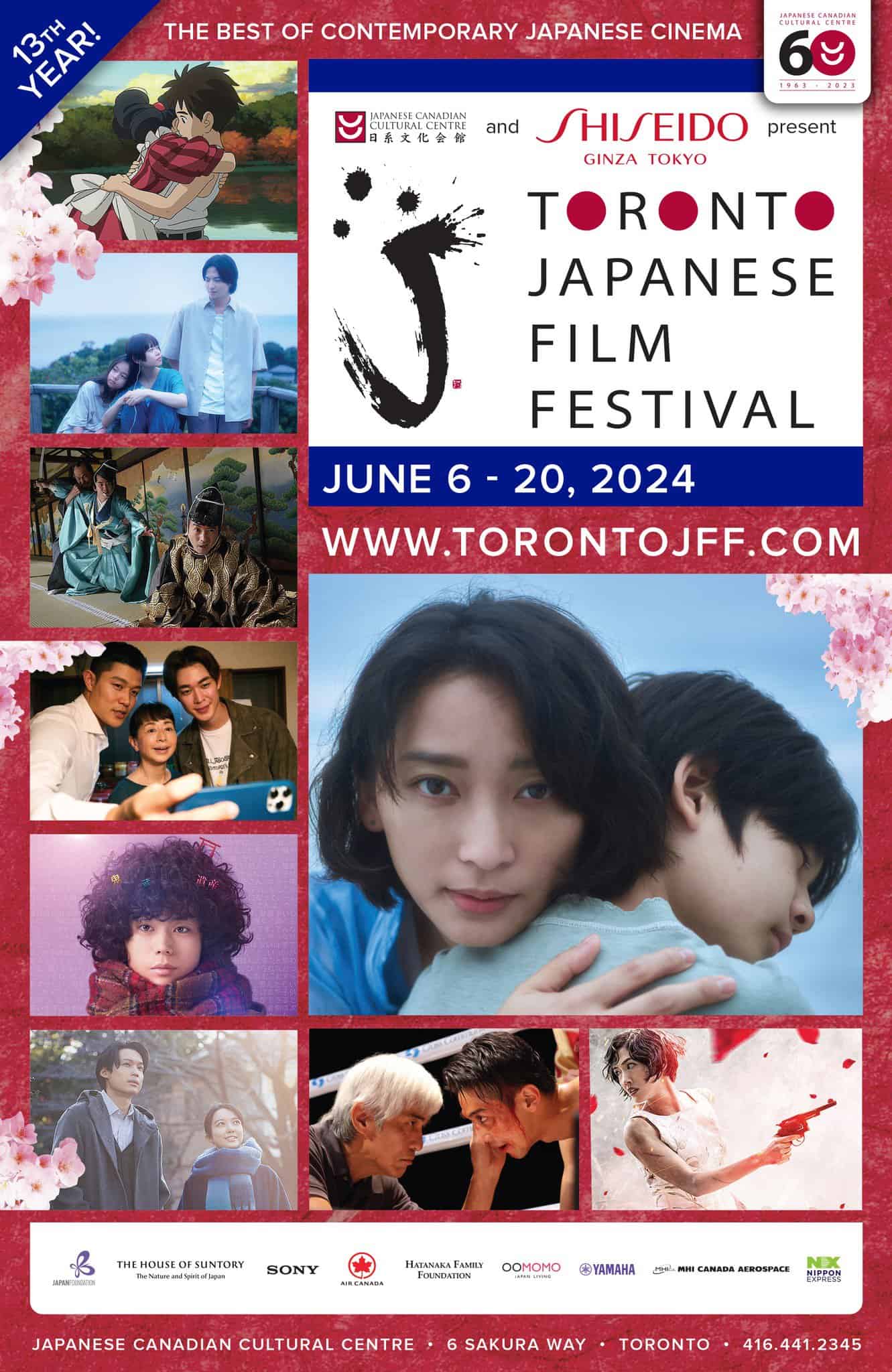
Following her mother's passing and an emergency call, Mika returns to the island of Okinawa to see her father, Satoru, before he passes away due to being in critical condition with dementia. Yet, the lead has not felt fondly about him for years due to his continuous infidelity when her mom was alive. Things are only made more difficult by the fact that Satoru no longer recognizes his daughter, mistaking her for his deceased wife, Machiko. In her childhood home, revelations about her parents make her reflect on memories. With a gradual change of heart, Mika, along with the help of her father's associates, plans one last gift for her dad.
“Kanasando” is an oddly frustrating movie to discuss. Toshiyuki Teruya is talented, and the plot, on paper, is quite heartwarming, especially in its intended humane approach to family reconciliation and redemption from past mistakes. Yet, the big thing truly holding this feature back from the landing is the writing. How it approaches concepts like redemption and reconciliation following a dysfunctional family is portrayed so hollowly that it feels artificial. This issue of stilted execution, unfortunately, rubs off onto the characters as well, who are not particularly engaging people to follow and are sometimes downright unlikable or annoying. Flawed people in a story are not automatically a detriment, as a great character can still be one who is not exactly sympathetic. Yet, this movie is not particularly well-written, so they end up not having much to latch on to, which dampens the picture's intended drama. Additionally, any attempts at humor, more often than not, don't garner a laugh.
Check also this article
There are still things to admire here. The way the movie implements aspects of Okinawan culture, such as the love song “Kanasando,” gives some depth to appreciate. The finale, in which Mika delivers a unique final gift to her dying father, Satoru, is a touching scene, heightened by excellent cinematography, nice music, and great acting. If only the rest of the film leading up to this moment managed to engage in order to make this ending hit even harder.
The cast is promising, and the performances are quite good, with some moments showcasing the performers pouring their hearts and souls into their roles. Yet, the issue lies with the actors working with a weak script and poorly conceived characters, particularly the three leads. Even before the fallout between her father, Mika is oddly unpleasant, not helped that her supposed strong bond with her mother, Machiko, feels phony, whose only trait is being nice before succumbing to her health issues offscreen. Satoru is intended to be this screw-up with a good heart, yet it also feels one-note in execution. Ruka Matsuda, Keiko Horiuchi, and Tadanobu Asano make the best of their material, yet their onscreen chemistry isn't believable. The only other actor worth pointing out is K-jersey, who is distractingly annoying as the character Kobashigawa.
From a visual standpoint, the film is gorgeous from start to finish. Toshiyuki Teraya certainly knows how to showcase how beautiful Okinawa is and make the island feel giant when on it. However, the editing is a mixed bag, particularly the jumping back and forth between the past and the present. Additionally, the nicely composed music score often feels manipulative in how it's utilized. However, the singing of “Kanasando” and the musical compositions in the finale are genuinely well done.
Okinawa is beautiful, yet “Kanasando” fails to earn its intended emotions due to flimsy storytelling. While the movie's heart is in the right place, the overall picture could have been better conceived to warrant heartfelt engagement. Considering how many talented names are attached to this feature, it's all the more disappointing that the final result is a rather mediocre picture.


